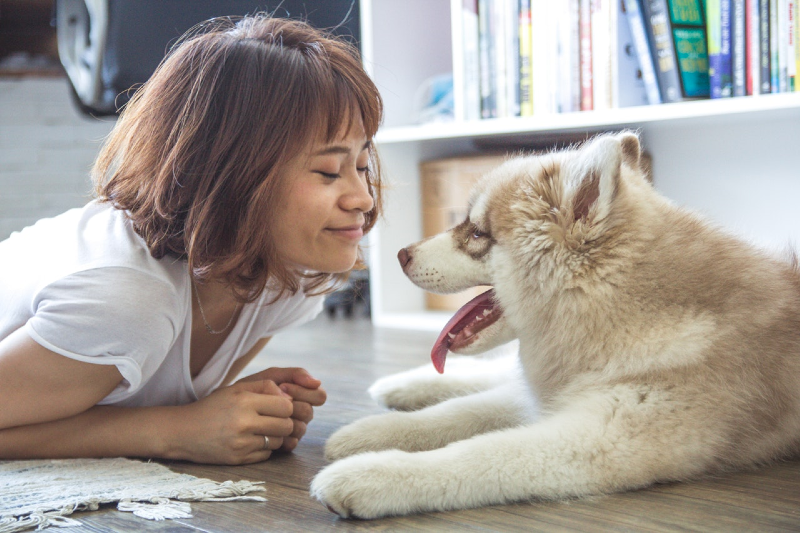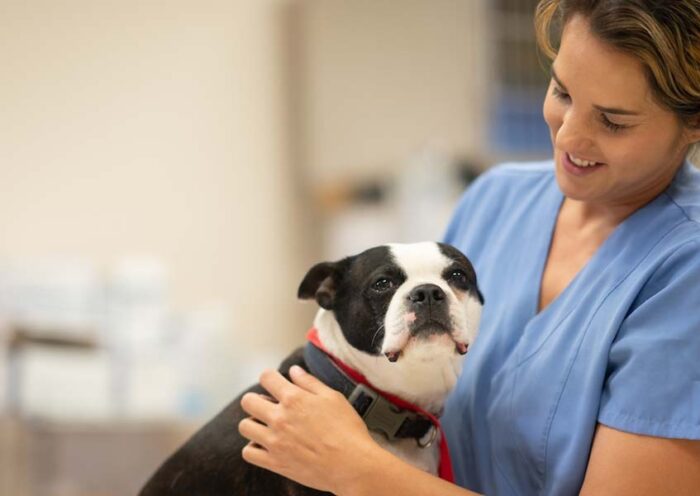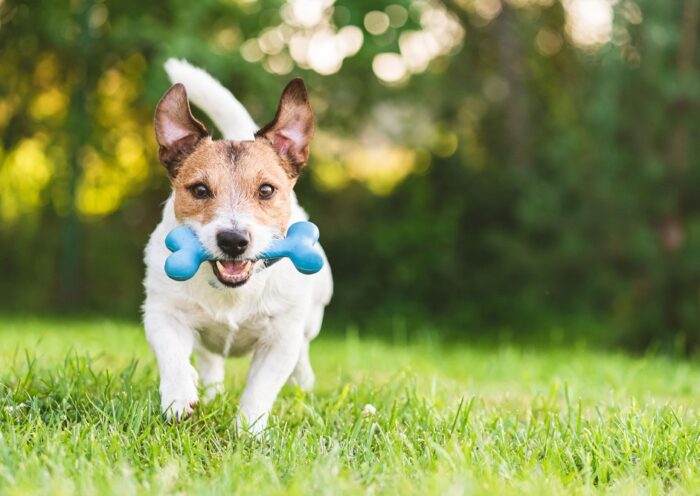
Rehabs With The Best Pets: How It Works for You
Drug Rehabilitation may be a challenging and confusing time for everyone. Uncertainty abounds at this time period regardless of the kind of rehabilitation programme you’re doing. It is a blessing that we have pets to help us throughout our recuperation. Having a dog may have many benefits for your emotional well-being, as well as physical benefits such as exercise and companionship. Addiction rehabilitation is one of the rare occasions in a person’s lifetime where a dog is necessary.
Rehab’s Difficulties
Inventing New Ways to Deal with It
One of the most challenging components of rehabilitation is learning new ways to cope with the stresses of daily life. Because patients can no longer rely on drugs or alcohol to reduce stress, they must find new ways to deal with it. Dogs may be able to help in this area because of their ability to reduce tension. They motivate their owners to get out of the home and get some exercise, both of which can be relaxing in and of itself. There are certain persons who find comfort in having a task that necessitates their concentration and care. Choosing the rehabs that allow pets is essential here.
Creating and Maintaining Relationships with New People
In certain cases, people undergoing rehabilitation may be needed to form new relationships with members of their current social networks and even their own families. Dogs may be able to supply you with a friend who won’t criticize you for your choices at this tough time.
Boredom
After completing a successful rehab program for drug or alcohol addiction, some people become hopelessly depressed. In the past, this time was spent abusing drugs and alcohol, but now it must be used for something else. Dogs may be really helpful in this regard. Lots of dogs love to play, and they’ll be happy to go for another walk around the block if you let them. When you include up the time it takes to brush, bathe, feed, and exercise a dog, it becomes evident that dogs take up a lot of time.
Transitioning
The transition from a rehabilitation centre to one’s own home is the most difficult part of recovery. It’s easy to go back into old habits when you’re in your own environment since you’re used to them. Dog owners, on the other hand, are constantly reminded of the need of making an effort to improve their habits. Using the same reasons that may work for you or your family members may not be appropriate for our four-legged friends Because we are the only ones who can meet their needs, they place all of their faith in us. In addition, if you’ve never owned a dog before, getting one might help you break free of long-standing habits.
Having a dog might improve your mood on an emotional level
It takes a lot of mental and emotional energy to go through rehab. Dogs may be a huge help in this situation just by being there. Just being in the same room as a dog has been shown to improve people’s mental health. With a dog, people with long-term mental health issues may control their symptoms and improve their overall mental health, according to several studies. This is mostly due to the fact that dogs require more care. If you own a dog, it is your duty to take it for a walk, feed it, and provide it with water as soon as you get up in the morning.
Conclusion
Some persons in rehabilitation discover that even the simplest efforts to improve the health of their pets dramatically elevate their spirits. A dog’s capacity to help persons in rehabilitation finds a purpose may also be a factor in their success. When you are in charge of someone else’s well-being, you are more inclined to put your own needs first. As well as taking on the responsibility that comes with owning a dog, simply being around a dog may have a positive impact on your mental health. Many studies have shown the benefits of having a dog in the home for company and companionship. They are completely judgment-free and provide unshakable companionship.





